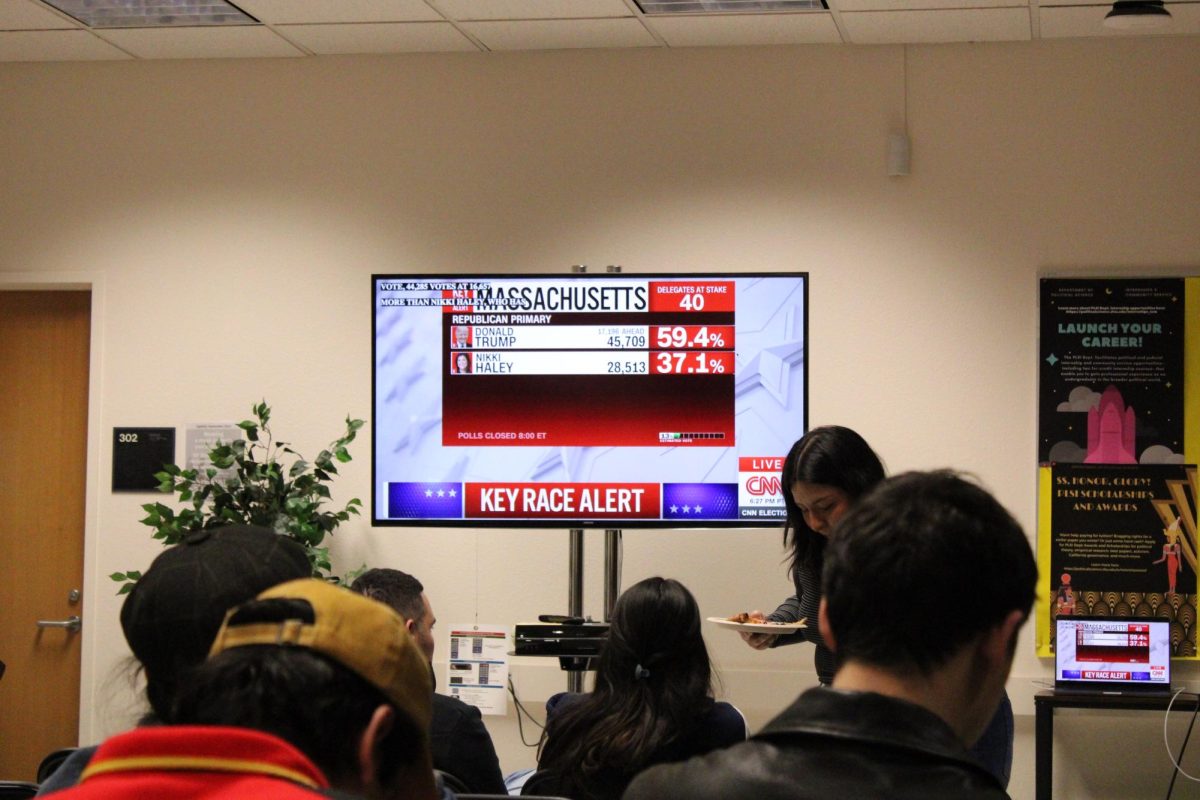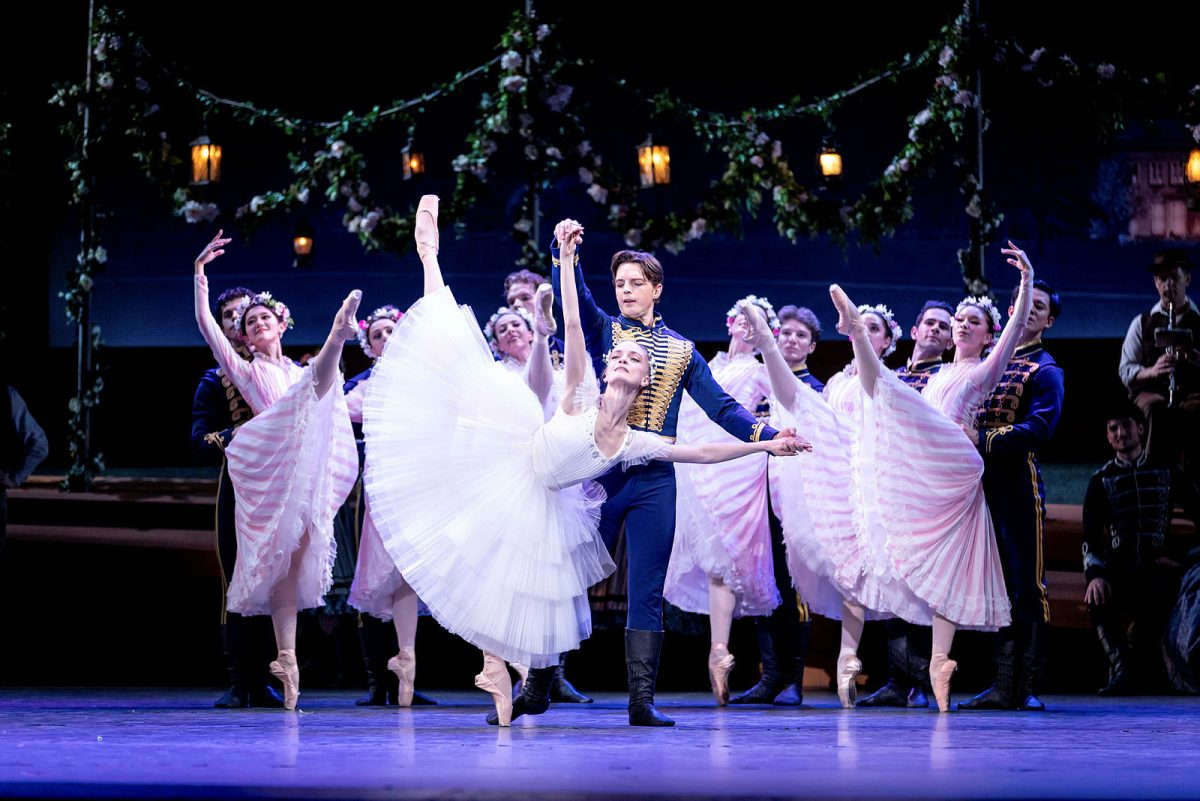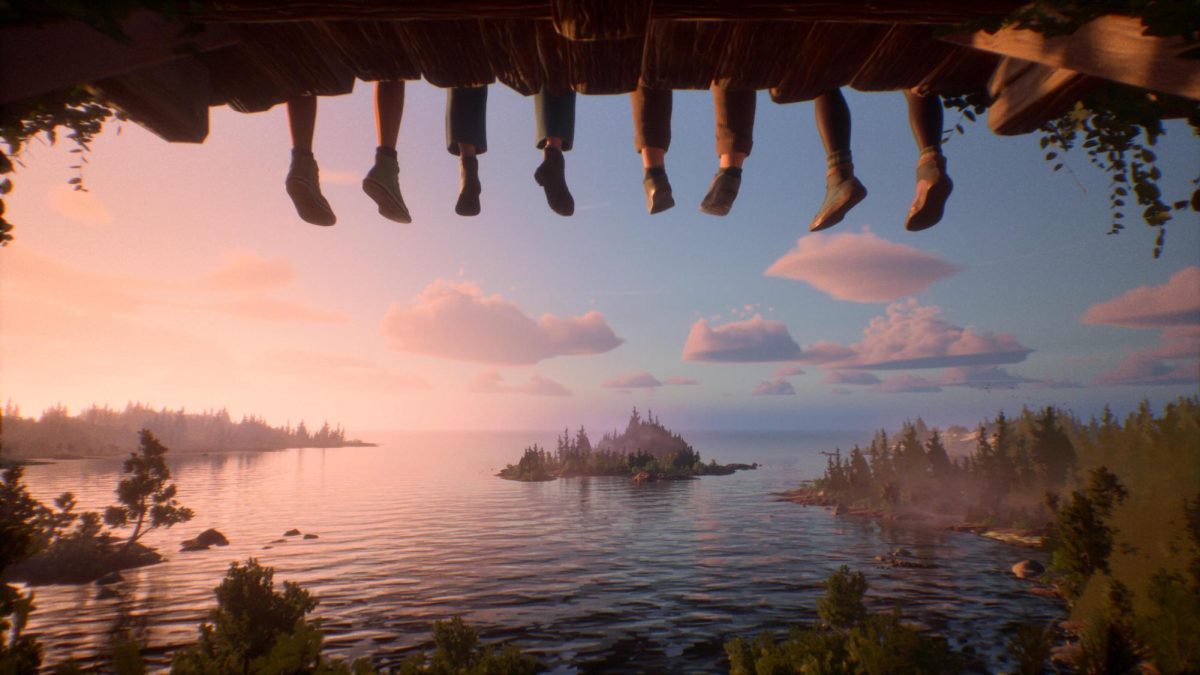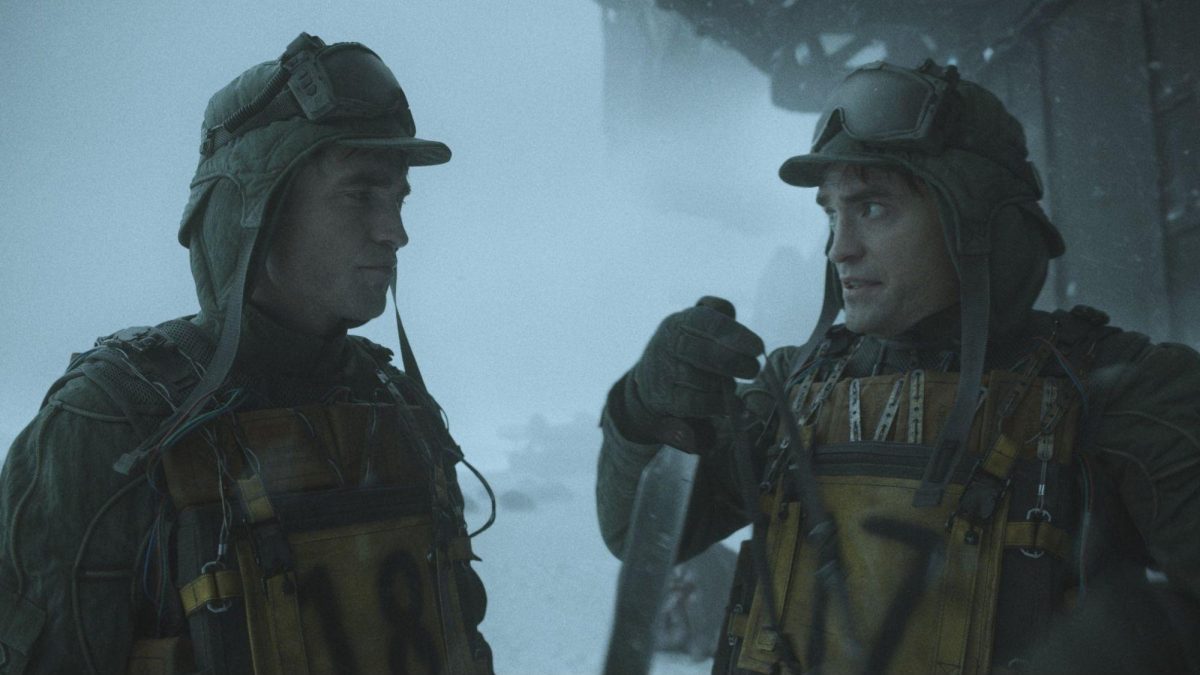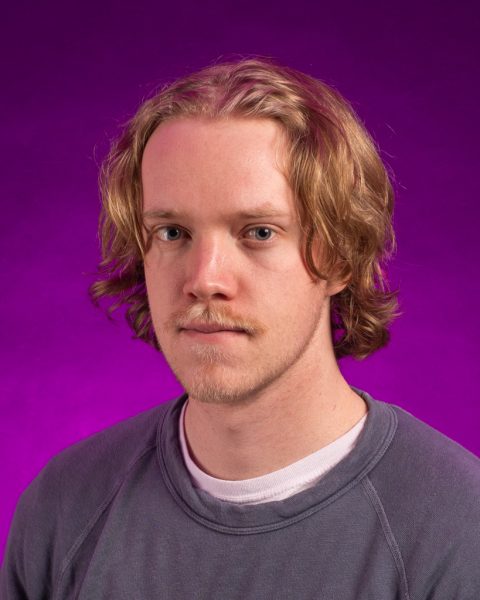Thirty chairs, organized in a 5-by-6 fashion in front of flatscreen TV made San Francisco State University’s political science department look theatre-esque, as groups of students and professors alike polluted the soundscape with discussion.
At 5 p.m. on Tuesday, the department held an event where professors gathered with students to watch CNN’s Super Tuesday coverage.
As events unfolded, Rebecca Eissler, an assistant professor in the political science department, muted CNN and interpreted the primary election’s results to onlookers.
“In a lot of ways, the general election starts tomorrow,” Eissler said. “Primaries bring out the most impassioned people, it shows the strength of the presidential candidate’s loyal bases.”
After an initial review of the primary election’s definition and its importance in revealing the nature of the 2024 campaign season, Eisser resumed CNN coverage. This symposium covered a range of political conversations and demonstrated the success of the event’s ability to allow students to engage in discourse away from the constraints of the internet.
“The purpose of this event is to allow students to engage with the political process, there are a lot of low-interest voters in this culture which is bad for democracy,” said Aaron Belkin, the acting department chair of the political science department. “These students study political science, and they care about the political process. The public sphere has become impoverished in places where you can talk about politics.”
The importance of communion in the department was a common trend among the attendees.
“I’m here to hopefully gain more respect for my fellow department majors and have conversations face to face, not participate in discussions through Instagram or TikTok,” said Jake Noble, a junior political science student. “I’m hoping to discuss more about the local propositions and to hear the takes of my classmates and professors. This year it’s all ‘president, president, president,’ and last year, it was all ‘governor, governor, governor.’ Normalizing these department events is sure to make students more comfortable sharing their opinions.”
Jordan Tirona, a senior political science student, concurred.
“It feels more like a social event, which is good, I feel like a lot of socializing in college has gone down since COVID,” he said.
Though general spirits seemed to be in good humor, there was an underlying sense of cynicism that could be felt among the students.
“I was really unsatisfied when I turned in my ballot,” Tirona said. “There was at one point where it asked me to select 14 of 30-something people for this position, I didn’t know anything about that, I don’t know where those people come from, who they are — I don’t know where to find stuff on them.”
Ron Hayduk, an American politics professor, stated, “I think curiosity brings a lot of people in here, political scientists think they should know about the things that are going on, and each moment holds a different collection of characters. Making sense of it is what brings people here.”
Hayduk says that within the United States, younger voters tend to vote less than older voters, with people under 35 making up about the same percentage of people over 65 — they’re half as likely to vote.





